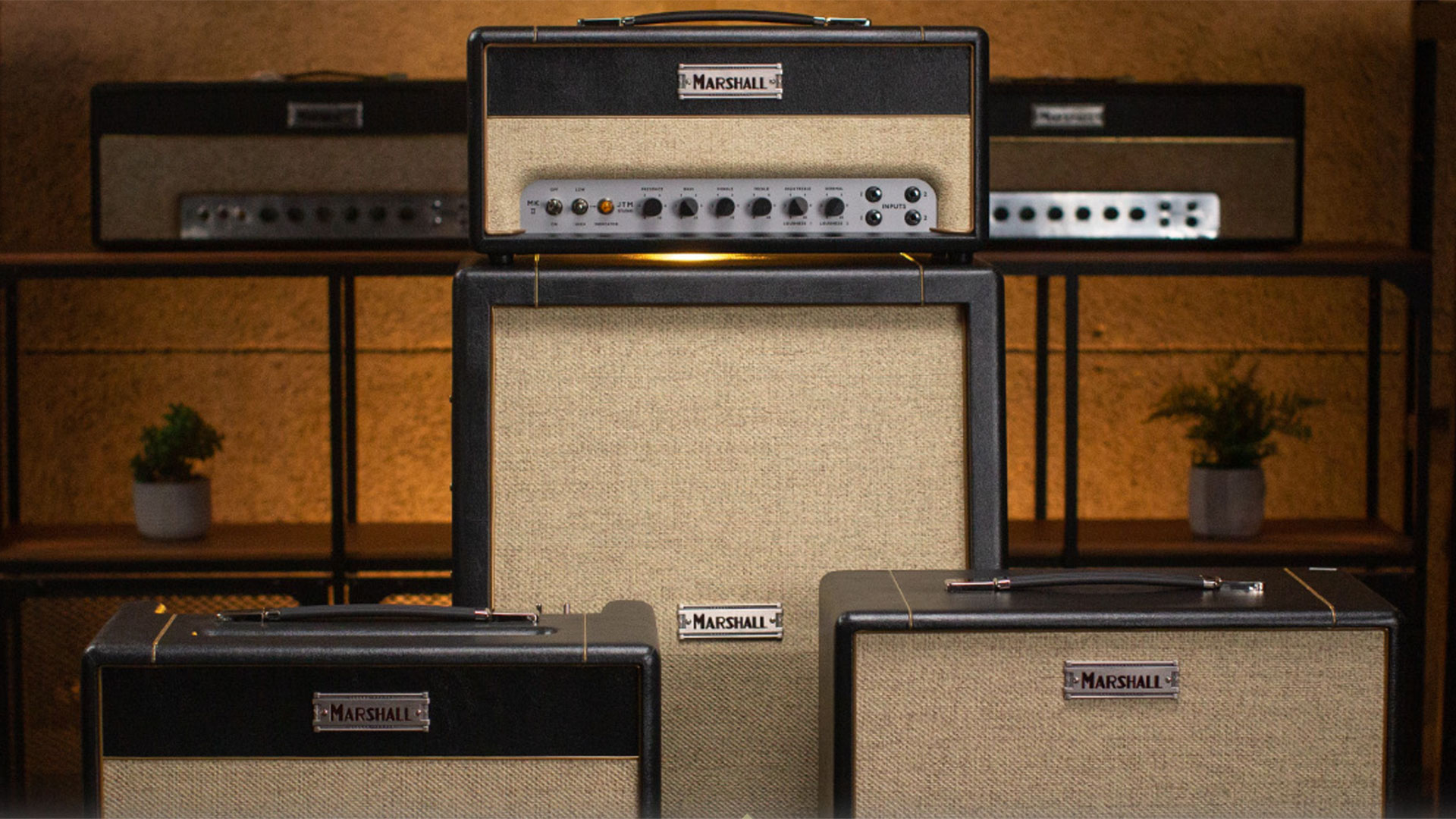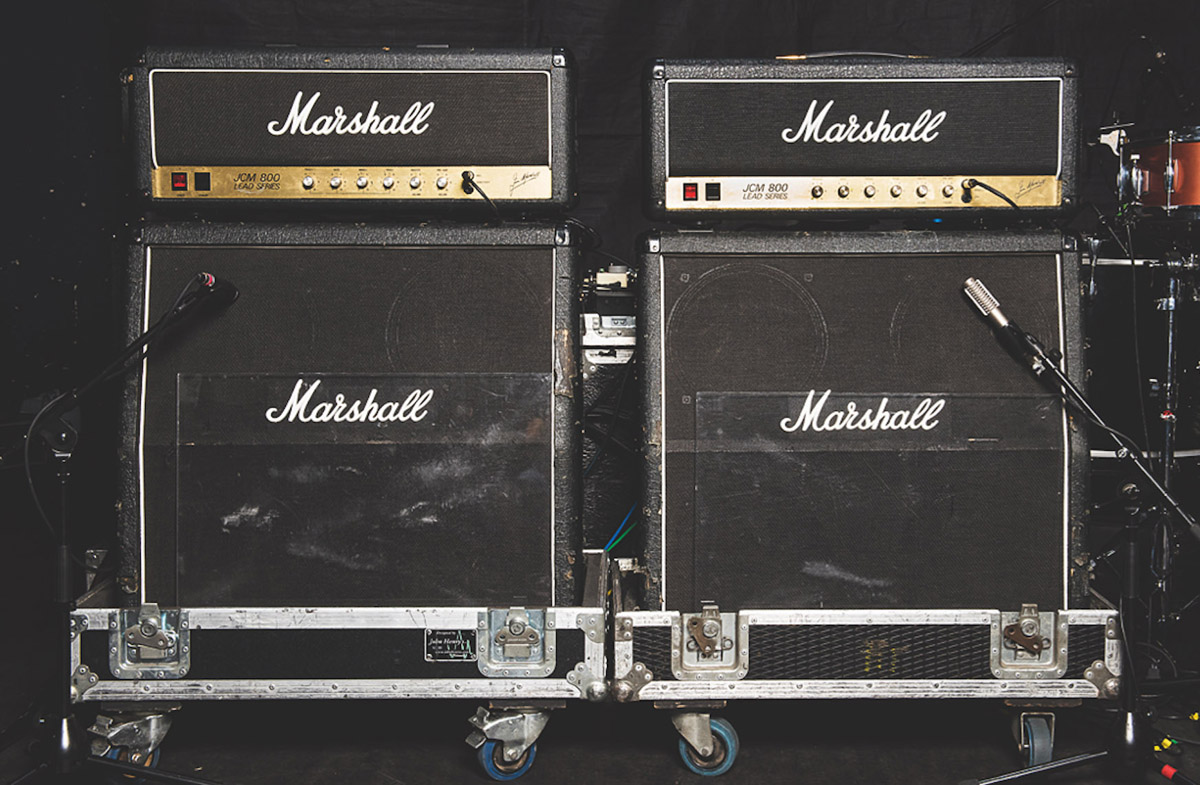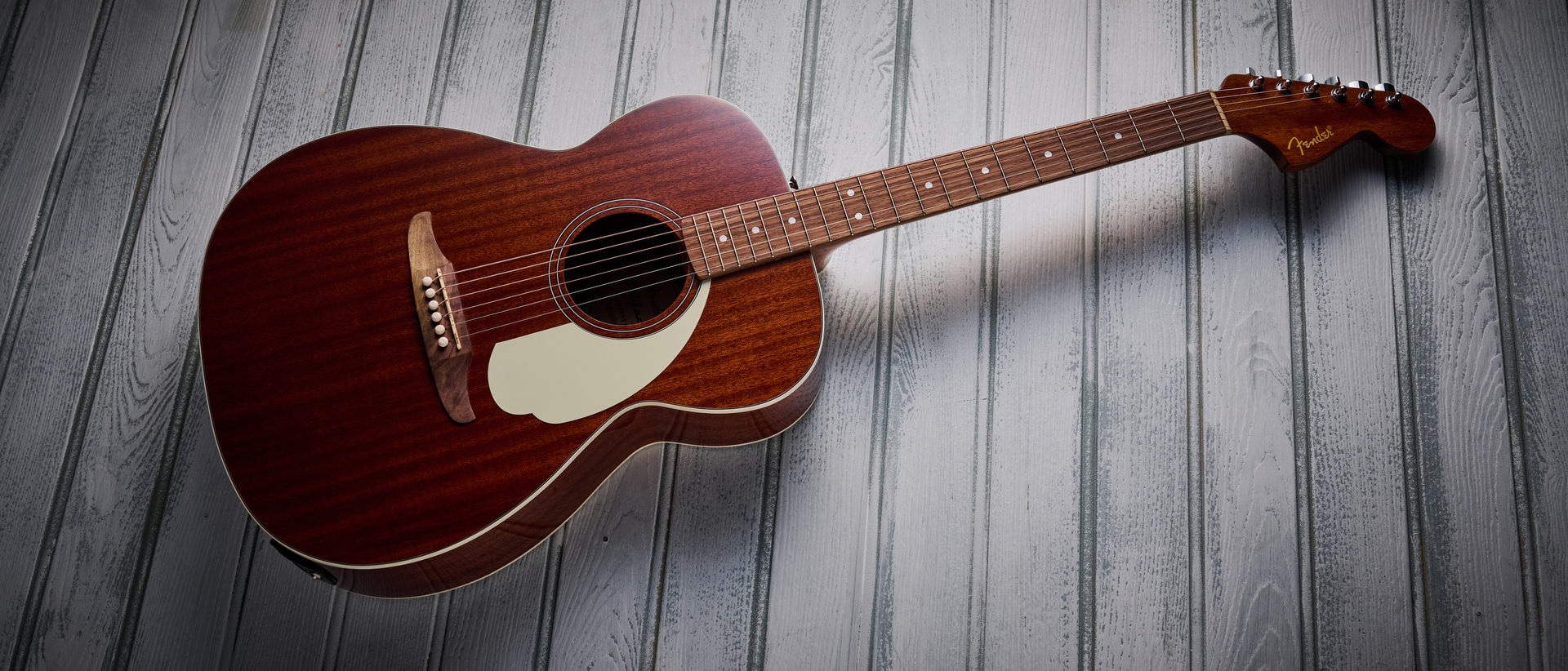“We think Marshall represents the rock and roll attitude”: Amp sales accounted for just 5% of the Marshall Group’s revenues in 2023 – but it looks like new digital amps could be on the way
A recent Billboard report shows the Marshall Group’s home audio wing brings home the lion’s share of the newly merged firm’s revenues

Billboard recently interviewed Marshall Group CEO Jeremy de Maillard and the short but insightful piece confirms something guitarists have likely known for some time –that Marshall’s actual amp-making revenue is now dwarfed by its home audio income.
However, the scale of the difference is much larger than many players might realise, with Billboard noting that only five percent of the Marshall Group revenue comes from its amp sales, while 70% comes from speakers and 25% from its Marshall-branded headphones.
Marshall Amplification was bought out from family ownership by the makers of the Marshall-licensed speakers and headphone products, Zound, last year, merging the two firms in what seems to have been a largely amicable process.
Indeed, Terry and Victoria Marshall – the heirs of the firm’s founder, amp-making icon Jim Marshall – held on to 24% of the manufacturer’s shares and still have seats on the board.
The vast disparity in revenues, though – with the Marshall-branded home audio gear far out-earning the amps themselves – goes some way to explain why a sale/merger would likely have felt like such an attractive option for Marshall Amps’ ownership.
It also presents an interesting dichotomy: the amp-maker’s legacy created the strong branding for the home speaker products, but in terms of sales, the home speaker products have now completely superseded the firm’s origins in music-making gear.
“We think Marshall represents the rock and roll attitude,” summarises CEO Jeremy de Maillard, in the Billboard piece. “We don’t think this is about the music genre, we think this is about attitude.”
All the latest guitar news, interviews, lessons, reviews, deals and more, direct to your inbox!

The major silver lining for players is that de Maillard’s interview does hint at new plans on the music-making side of the business, with Billboard reporting “The company will continue to push its iconic hand-made valve [tube] amplifiers but will step up its strategy with its digital amplifiers and digital tools.”
In its recent financial report on 2023, Marshall also noted it had “invested heavily” in its premium tube amp facility in the UK, suggesting it sees a sustainable future for that side of the business.
However, it’s hard to picture Marshall’s British-made tube amps selling in rapidly increasing numbers any time soon, given the increasing expense, unpredictability and scarcity of wider tube supplies – particularly at scale.
All of which is to say that new digital amps look like the best opportunity for growth for the amp-making side of the business, particularly if it can effectively take advantage of its new owners’ knowledge and economies of scale on the digital side.
Marshall has, of course, produced digital amps in the past – notably the CODE series, and software in collaboration with Softube, but has fallen behind the likes of one-time rivals like Blackstar and Fender on that front.
We’re particularly intrigued by the phrase “digital tools”. We wonder if Marshall might have one eye on the prevalence of floor modeling units, or re-tooled native software, for example.
Last year Marshall launched the Studio JTM – a well-received take on the iconic JTM-45 tube amp – and while those classic tube builds will always be alluring, they can only be retooled so many times, and playing habits are changing.
As such, the prospect of some new Marshall guitar gear that takes advantage of the firm’s digital audio expertise is exciting indeed.
For more information, keep an eye on Marshall.

Matt is Deputy Editor for GuitarWorld.com. Before that he spent 10 years as a freelance music journalist, interviewing artists for the likes of Total Guitar, Guitarist, Guitar World, MusicRadar, NME.com, DJ Mag and Electronic Sound. In 2020, he launched CreativeMoney.co.uk, which aims to share the ideas that make creative lifestyles more sustainable. He plays guitar, but should not be allowed near your delay pedals.
